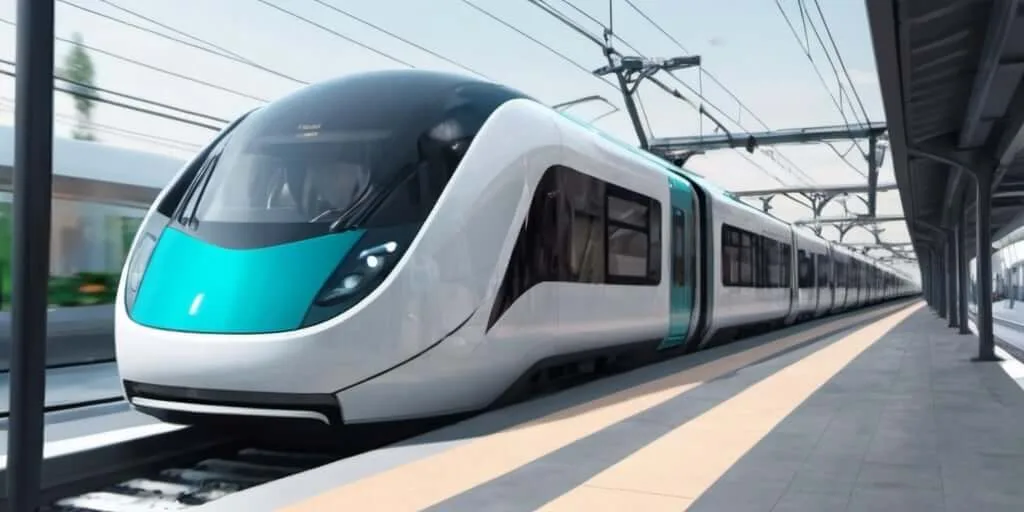Introduction: Transportation is a fundamental necessity in modern societies, and the sustainability of this transportation is becoming increasingly important. In this context, the role of electric trains stands out as an environmentally friendly and efficient transportation option. This article will examine the origins, technological evolution, and future directions of electric trains in detail, addressing their role in the future of sustainable transportation.
1. Birth and Early Steps of Electric Trains: The history of electric trains dates back to the beginnings of the industrial revolution. However, the first commercial use of electrically powered trains emerged towards the end of the 19th century, offering a cleaner and quieter alternative compared to coal and steam-powered trains. The initial electric train lines were primarily used for urban and suburban transportation.
2. Technological Development and Proliferation: Throughout the 20th century, the technology and proliferation of electric trains progressed rapidly. Particularly, the development of high-speed trains pushed the boundaries of electric trains and offered faster, more efficient travel options. Additionally, the development of advanced systems such as magnetic levitation (maglev) trains expanded the scope of electric train usage.
3. Environmental Benefits and Sustainability of Electric Trains: Electric trains significantly reduce environmental impacts by reducing fossil fuel usage. Since electric trains operate with zero emissions, they improve air quality and reduce greenhouse gas emissions. Moreover, the energy recovery systems and reliance on renewable energy sources further enhance the sustainability of electric trains.
4. Roadmap for the Future and Innovations: The future of electric trains focuses on higher performance, increased capacity, and reduced costs. To achieve these goals, various innovations are being pursued, including the use of lighter materials, development of more efficient electric motors, and advancements in energy storage technologies. Additionally, autonomous train technologies may become a significant part of future electric train systems, offering significant advantages in safety and efficiency.
5. Global Impacts and Societal Contributions: The widespread adoption of electric trains could trigger a significant transformation in the global transportation sector. By offering more sustainable transportation options, electric trains can reduce greenhouse gas emissions, alleviate urban congestion, and enhance the quality of life for communities. Additionally, the use of electric trains may promote the adoption of innovative urban planning and transportation policies.
PROGRESSIVE TIME: Electric trains will continue to play a central role as a component of sustainable transportation in future transportation systems. With technological advancements and environmental benefits, electric trains lay the foundations for a greener and more efficient future of global transportation. However, achieving this future requires increased investment, innovation, and policy regulations.
